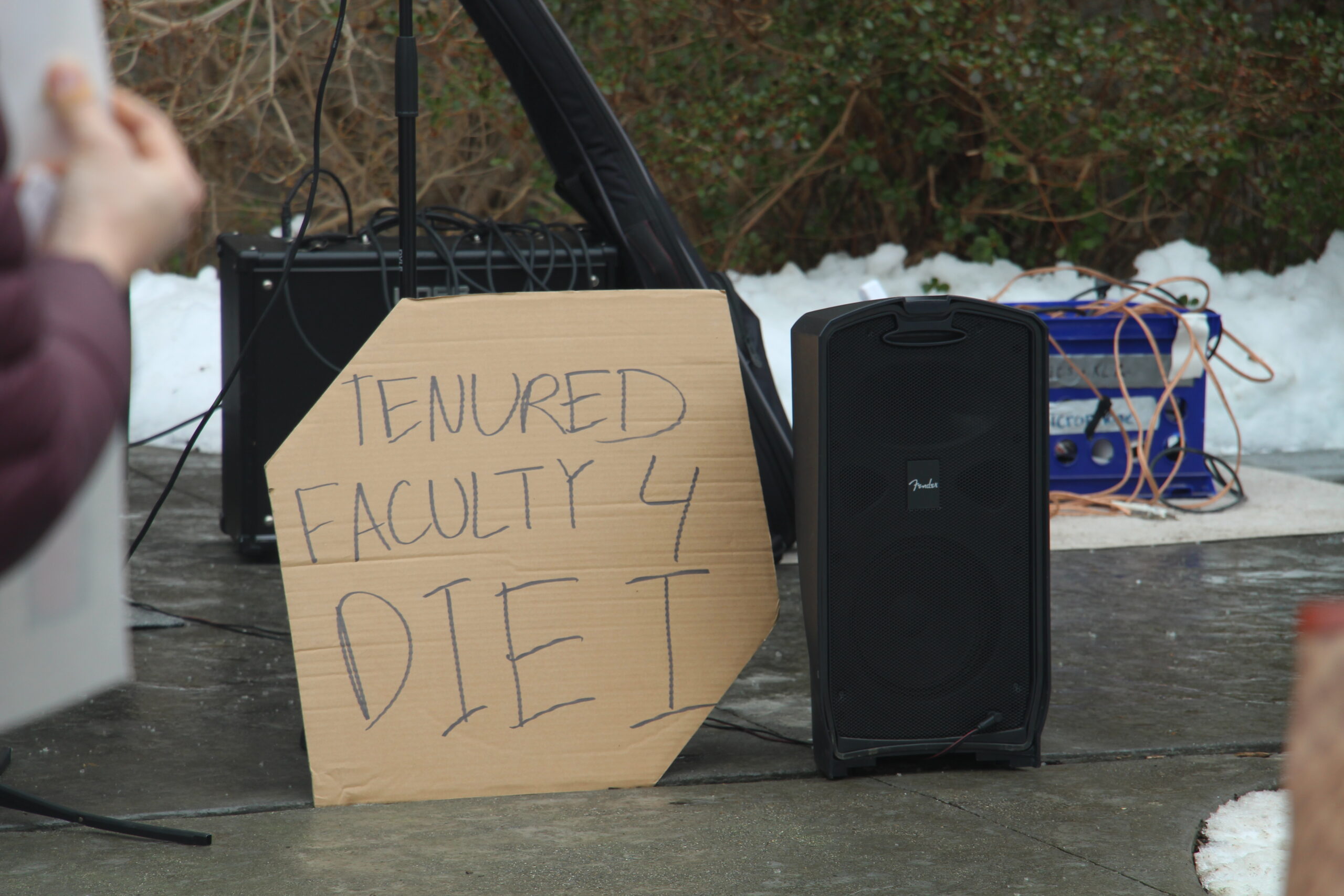Though a few American states have been grappling with the issue of whether or not to legalize marijuana for recreational use, a more broad-based drug legalization initiative has emerged in South America. Many Latin American heads of state are pushing for all-inclusive drug decriminalization, arguing that the United States’ war on drugs has failed to curb consumption domestically while leaving thousands dead in South America. Leaders such as Guatemala’s Otto Perez and Mexico’s Felipe Calderon are urging the United States to reconsider their tactics concerning drugs since the dominant strategies of increased border security and militarization has done little to nothing in solving the issue. Since these countries are U.S. allies, their calls for reform are not taken in vain. However, the United States has firmly resisted such suggestions and maintains that the war on drugs has been quite successful.
This debate has plagued the Americas for decades. Although drugs have been flowing into America’s south through countries such as Mexico and Colombia consistently for quite some time, the heightened “narco” violence in these producer countries has grabbed media’s attention. Cartels are ravaging towns, rival gangs are massacring each other and civilians are getting caught in the crossfire of flurries of machine gun bullets. The pictures of severed heads and bloodstained streets paint a portrait of utter chaos in parts of the region. Fifty thousand people have died in Mexico in 2006, and Honduras is home to the largest homicide rate in the world. As the country with the largest appetite for illegal drugs on the planet, we must ask ourselves: is the strife occurring in these places our fault?
It’s a difficult question to fathom. Undoubtedly, the vast majority of the hard drugs being produced in these countries is being delivered to the United States. Americans have a notorious ravenousness for drugs such as heroin, cocaine and methamphetamine, all of which are produced in a handful of South American nations and shipped across our borders to an eager public. Despite the war on drugs, a campaign instituted by Richard Nixon in 1971, American drug use has soared over the years. Military spending on thwarting drug production has also risen sharply, as well as domestic incarceration rates. It seems as if nothing can truly stop the influx of and desire for drugs in the United States.
One has to wonder, though, if the insatiable American appetite for illicit drugs is linked to increased production in South America, or vice versa. Though the war on drugs is possibly the farthest ever from of reaching its goal of eradicating drug use, is that necessarily grounds to give up the whole operation and adopt the polar opposite approach? César Gaviria, Colombia’s former president has stated, “We consider the war on drugs a failure because the objectives have never been achieved. Prohibitionist policies based on eradication, interdiction and criminalization have not yielded the expected results.” While Mr. Gaviria is most certainly correct in his assessment, his and other’s views on the best way to solve international drug issues is a political timebomb in the United States: decriminalizing or legalizing drugs.
If a government’s role is to protect its citizens, is it acceptable to unleash the likes of cocaine and heroin onto North American streets in order to curb violence in Latin America? Many believe that more lenient drug policies actually have a positive effect on drug use in a society: one only has to consider the cases of Portugal and the Netherlands, two countries with considerably more lenient drug policies compared with the U.S. Portugal’s decision in 2001 to decriminalize all drugs has proven to be extremely successful; overall drug use declined considerably in the country due to its concentraion on therapy as opposed to incarceration. In the Netherlands, in terms of cocaine use, only 1.9% of Dutch citizens claimed to have used cocaine compared to 16% of Americans despite more easygoing drug laws.
The bottom line is that America’s approach to curbing drug use has been a resounding failure that needs a serious, if not complete, overhaul. While we as a country are not close to adopting a Portuguese or Dutch model any time soon, we owe it to ourselves to stop spending billions of taxpayer dollars, stop incarcerating our own citizens and to help quell the violence that our neighbors are experiencing. Drug use is not something that can be magically wiped out by a decree or even law enforcement: prohibition proved that in the 1920s. Though these Latin American heads of state may be shooting for the moon in terms of initiating a new global drug use paradigm, they are both brave and accurate in their calls for reform. The fact that they’re even starting this once taboo conversation means that change is in the air, and rightfully so. •











